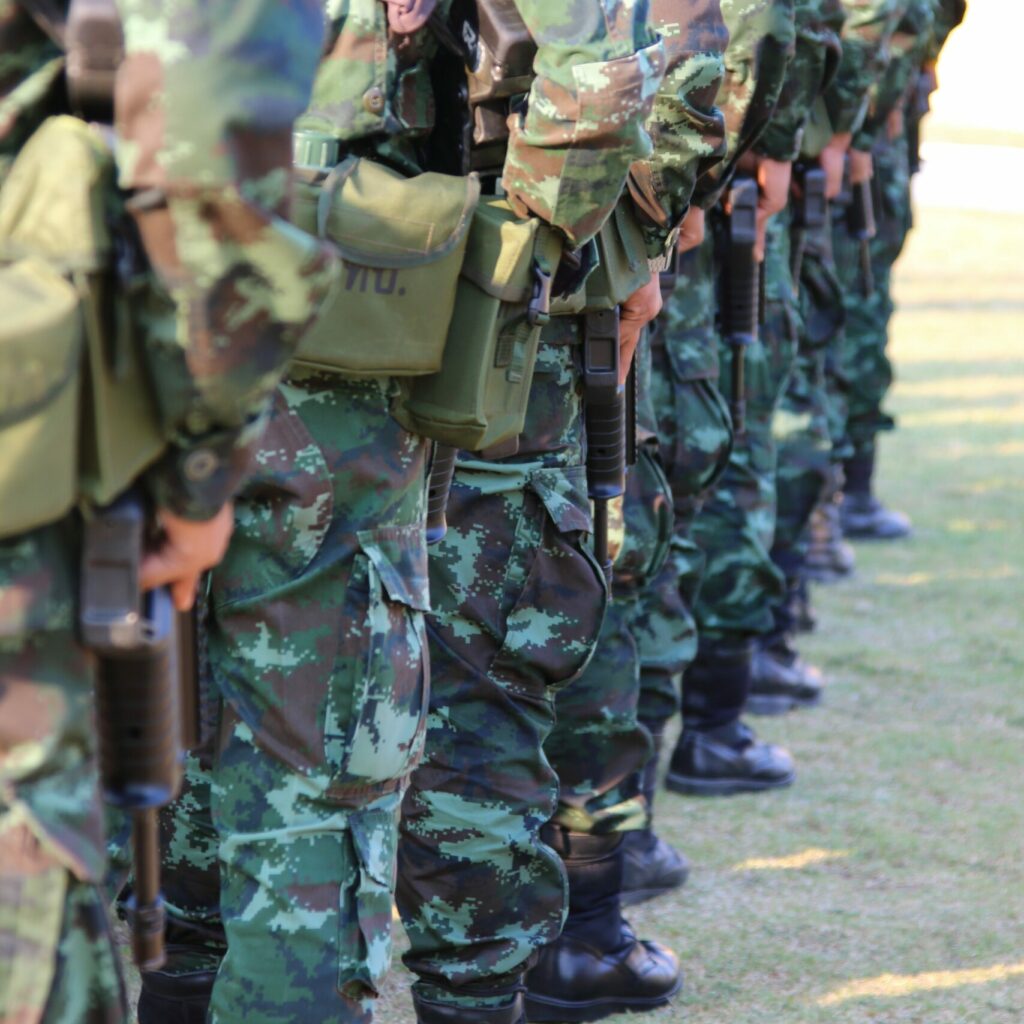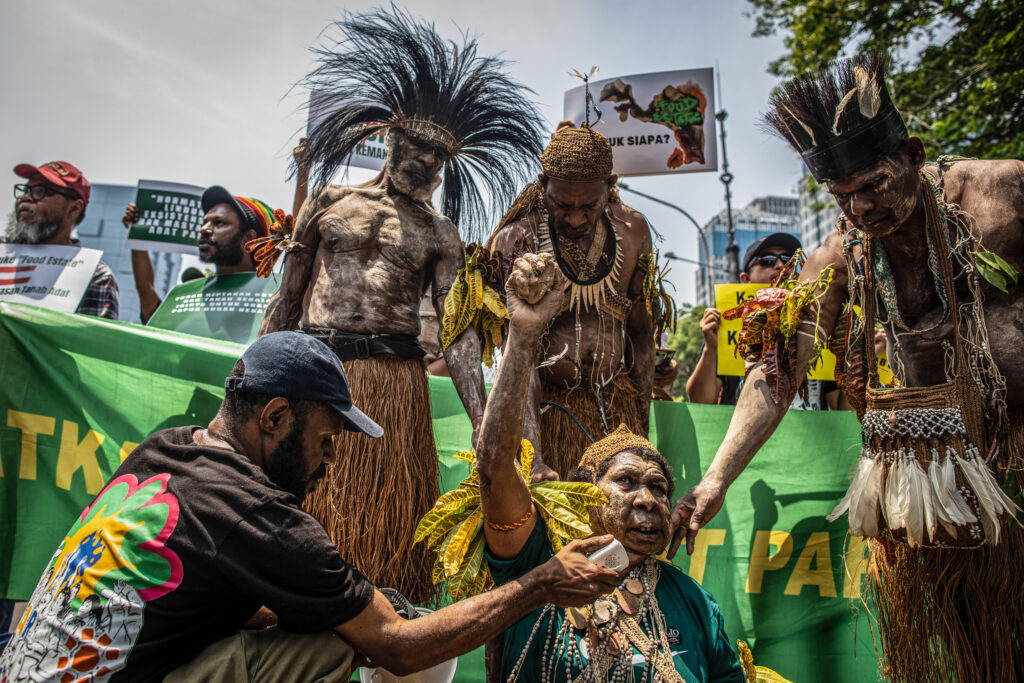In the beginning of December in 2003, the Indonesian government through Minister of Politic and Security Coordinator RI invited numbers of non-governmental organisation which is critical to the developing situation in Nanggroe Aceh Darussalam (NAD), as well being critical to the imposition of martial law in the entire territory of NAD. GoI also invites Indonesian Commission for General Election (Komisi Pemilihan Umum-KPU) and Monitoring Committee for General Election (Panitia Pengawas Pemilu-Panwaslu) both in central and local levels. The arrangement of this meeting can not be separated from the existing difference of views among the government, the parliament and numbers of non-governmental organisation that give attention to situation and condition of human rights in NAD all this time.
In the meeting in Banda Aceh held on 16-17 December 2003, all invited non-governmental organisations, namely CETRO (Centre for Electoral Reform), KPI (Indonesia Women Coalition), CSIS (Centre for Strategic and International Studies) and KontraS (Commission for disappearance and victims of violence), have clearly refused martial law implementation in the whole territory in NAD, moreover until general election implementation. On the contrary, even tough promising to analyse the all of non-governmental organisations’ and other elements in society’s inputs, the government through Minister of politic and security coordinator and Martial Law Authority seems to still intend to place martial law as appropriate policy framework to face problem in NAD, especially in connection with securing the 2004 General Election implementation in NAD.
From the above-brief description, there is a problem and at once an important question that we need to answer, which is; is the 2004 general election in Nangroe Aceh Darussalam be able to be carried out by martial law? There are the pros and cons of the answer for that question. It is related to the existence of indication of militia organisation established by element in society. At least the report on this militia has been published in several print media and human rights organisations reports, both inside and outside this country. On the other side, general election under military law has also many problems. Military law is a policy that having implication to respecting, furtherance, protection and fulfilment of rights and fundamental freedom for people. Implementing general election – as a form of human rights fulfilment – under martial law becomes important to be studied. At least to acknowledge how far the general election that is hold later on, has contribution to the fulfilment of rights and fundamental freedomof Aceh society.
This writing is not subjected to argumentatively elaborate much to the legal norms of martial law, but more to give description on the internationally process of the development of the human rights fulfilment, under state of emergency. Furthermore, this writing also wants to examine martial law in relation to human rights context and discourse, in particular in the freedom of expression and participate in state organising, through general election process and implementation. In many studies, the implementation of military law policy cause a lot of crimes to the rights to life and any other serious crimes to human rights, including killing, forced disappearance, rape and so on.
Download Considering General Election under Martial Law (PDF, English)



